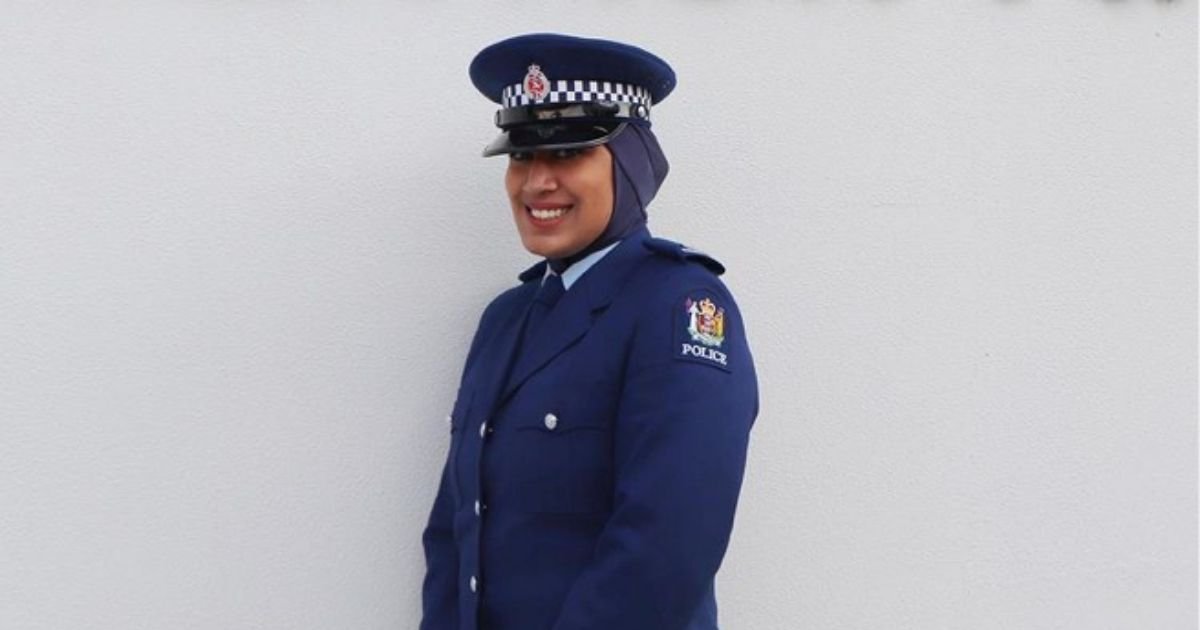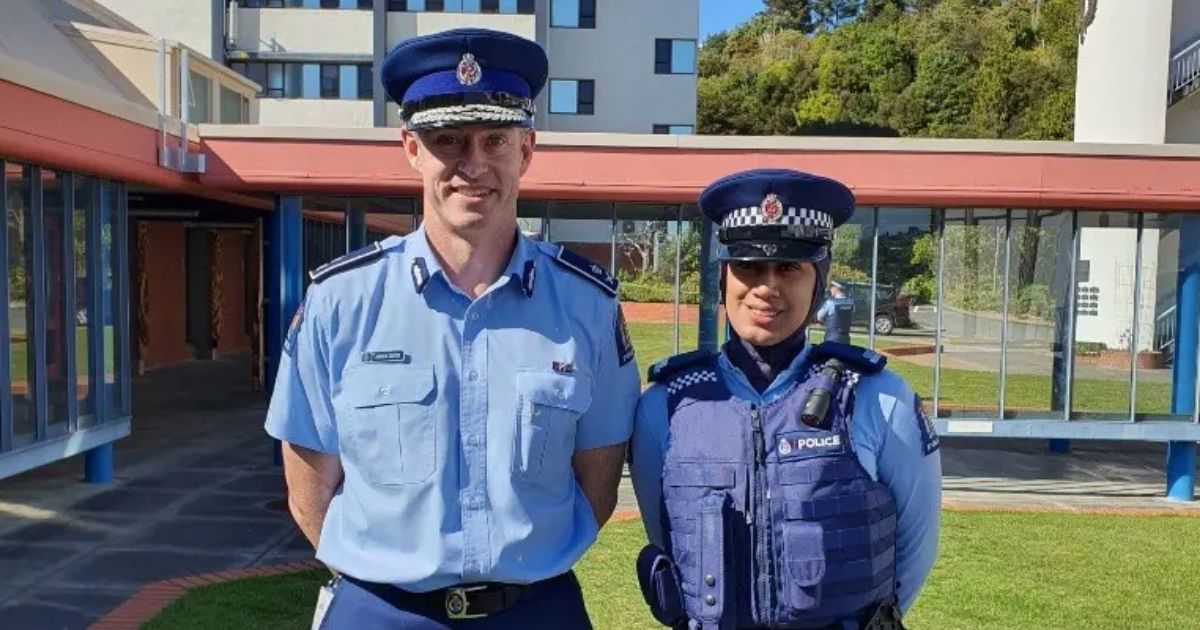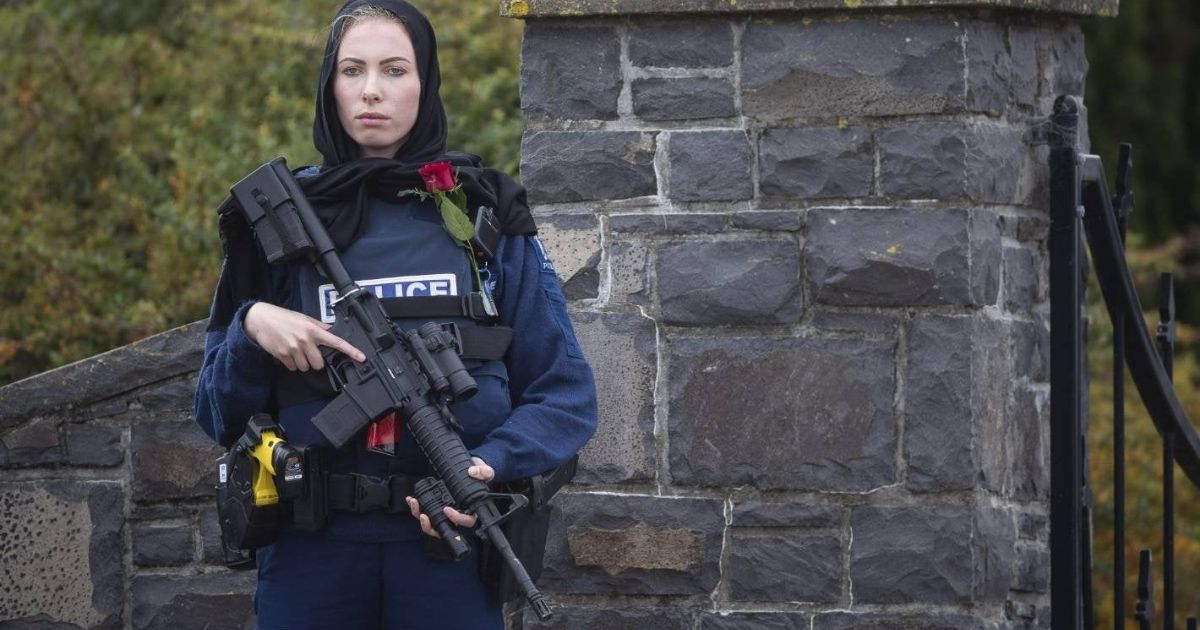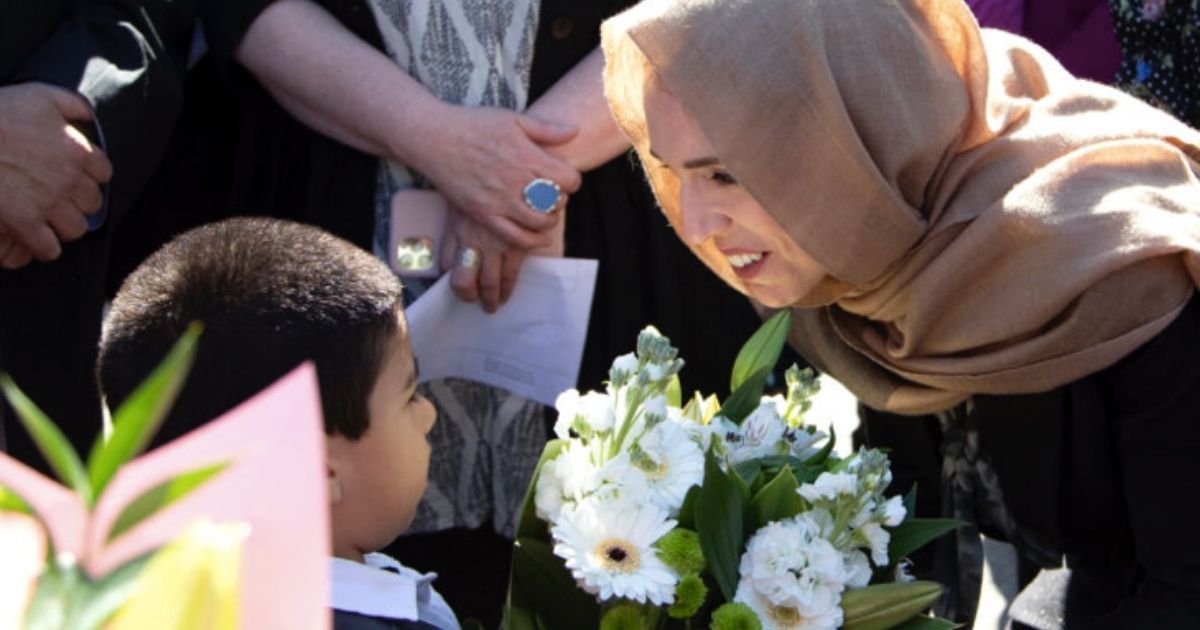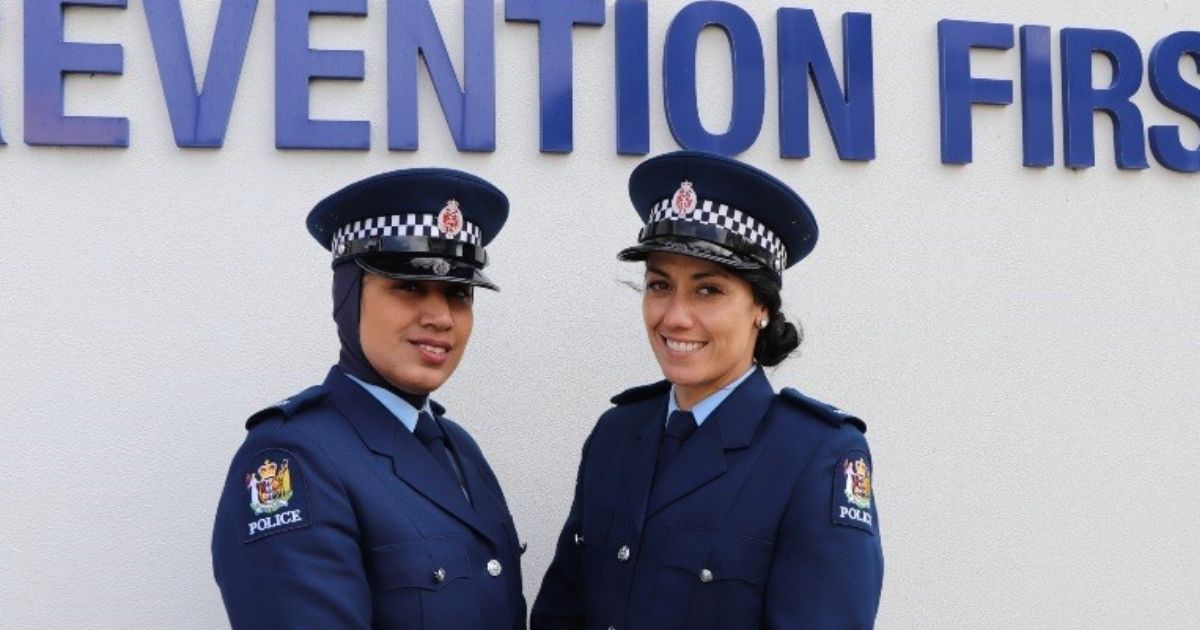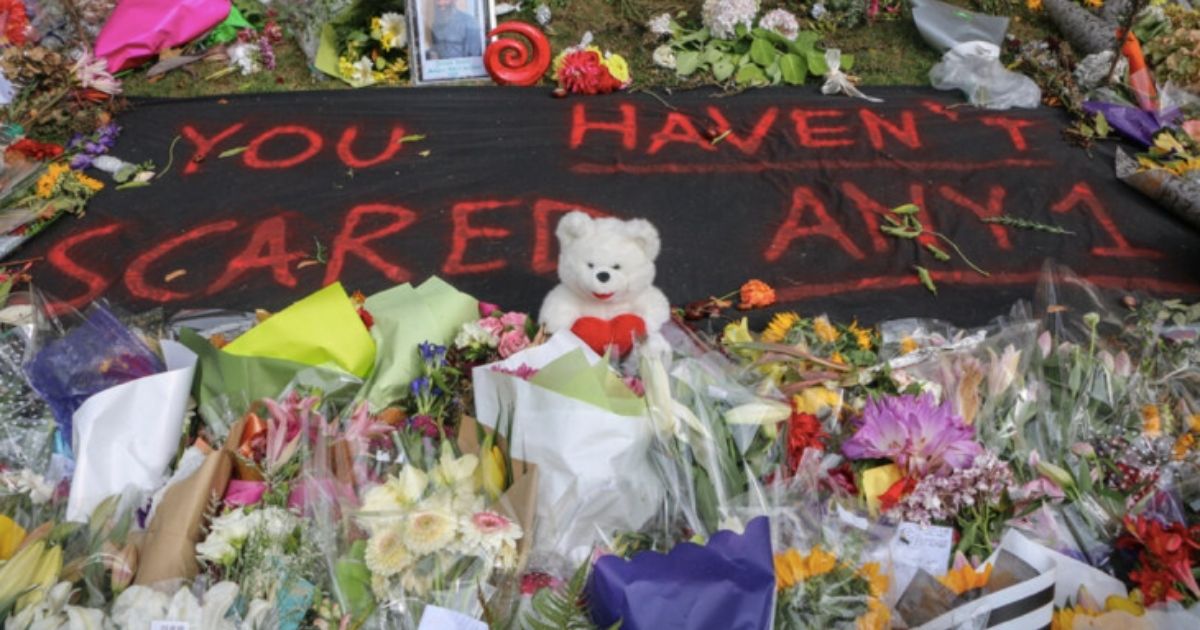On November 13, New Zealand Police announced in an Instagram post that Constable Zeena Ali is the first officer to wear a specially designed hijab as part of her uniform.
Ali first began training in March 2019 to join the police service, around the same time the Christchurch terror attack took place.
During Ali’s training, from which she graduated recently, she was invited to take part in the design process of the uniform hijab.
“Having a police-branded hijab means women, who may not have previously considered policing can do so now.
It’s great how the police incorporated my religion and culture,” Zeena said in the post. “I am thrilled the police went out of their way to make sure the hijab I have on meets health and safety requirements as well as my own personal needs.
”
Ali salutes the police service, explaining that during her training, the force organized halal meals for her and made a prayer room available.
When she had to go swimming, she was allowed to wear a long-sleeved, full swimsuit.
According to the New Zealand Herald, Ali, who was born in Fiji and moved to New Zealand as a child, and that the Christchurch terror attack made her realize that more Muslim women were needed in the police.
“If I had joined the police earlier I would have been down there to help,” she said. “It feels great to be able to go out and show the New Zealand Police hijab as part of my uniform. I think that seeing it, more Muslim women will want to join as well.”
In late 2018, New Zealand Police first began to develop the hijab for its uniform.
While in the UK, BBC News reported that the Metropolitan Police in London approved a uniform hijab in 2006 with Police Scotland following in 2016.
A spokesperson for the police service said they are hopeful that the addition to the uniform will create a more inclusive service.
According to a statement on their website, the New Zealand Police Service said it needs ‘people with a range of skills, backgrounds and experience levels’.
“Diversity is essential so that we can effectively serve the needs of New Zealand’s communities now and in the future,” it added.


